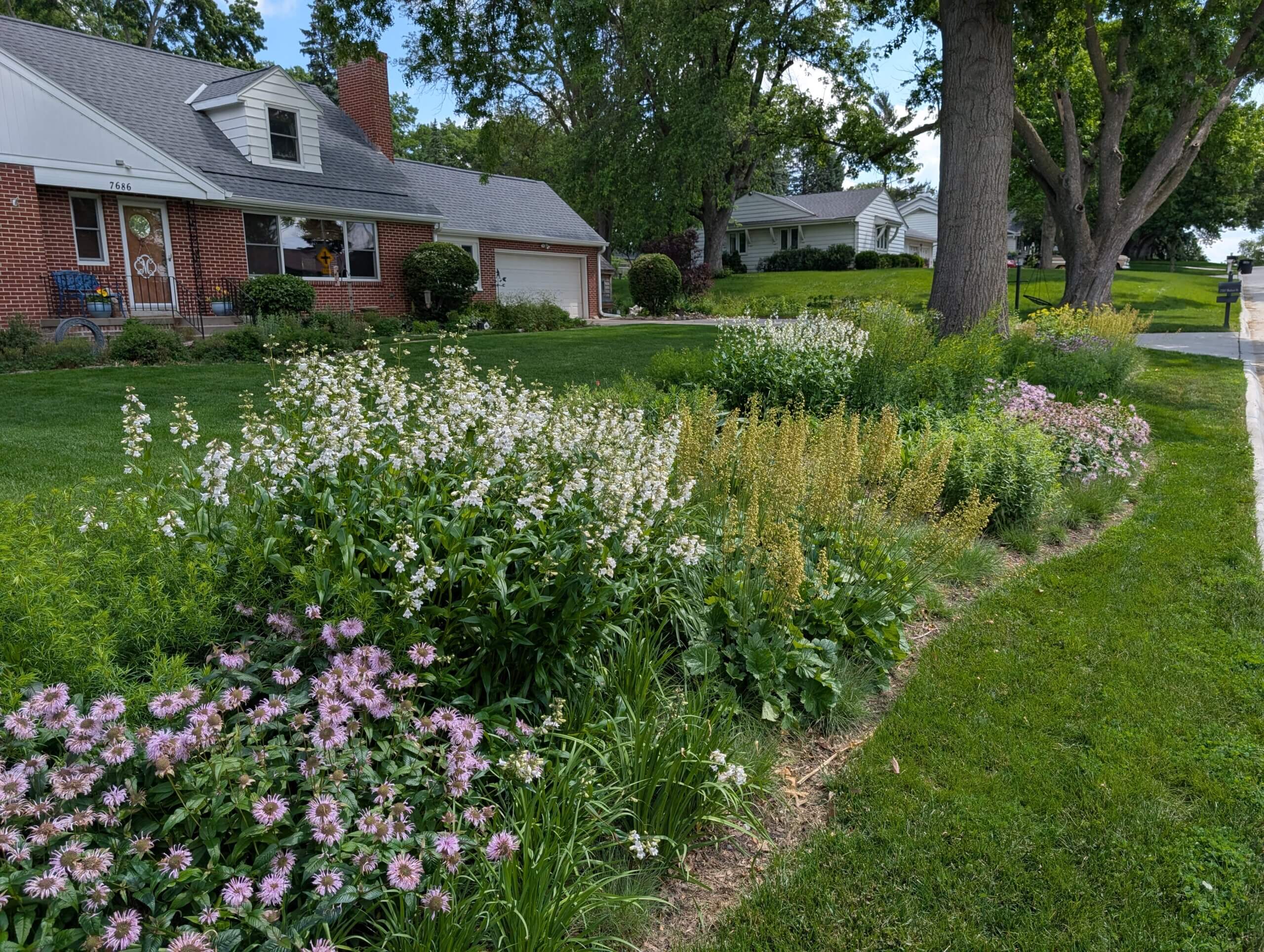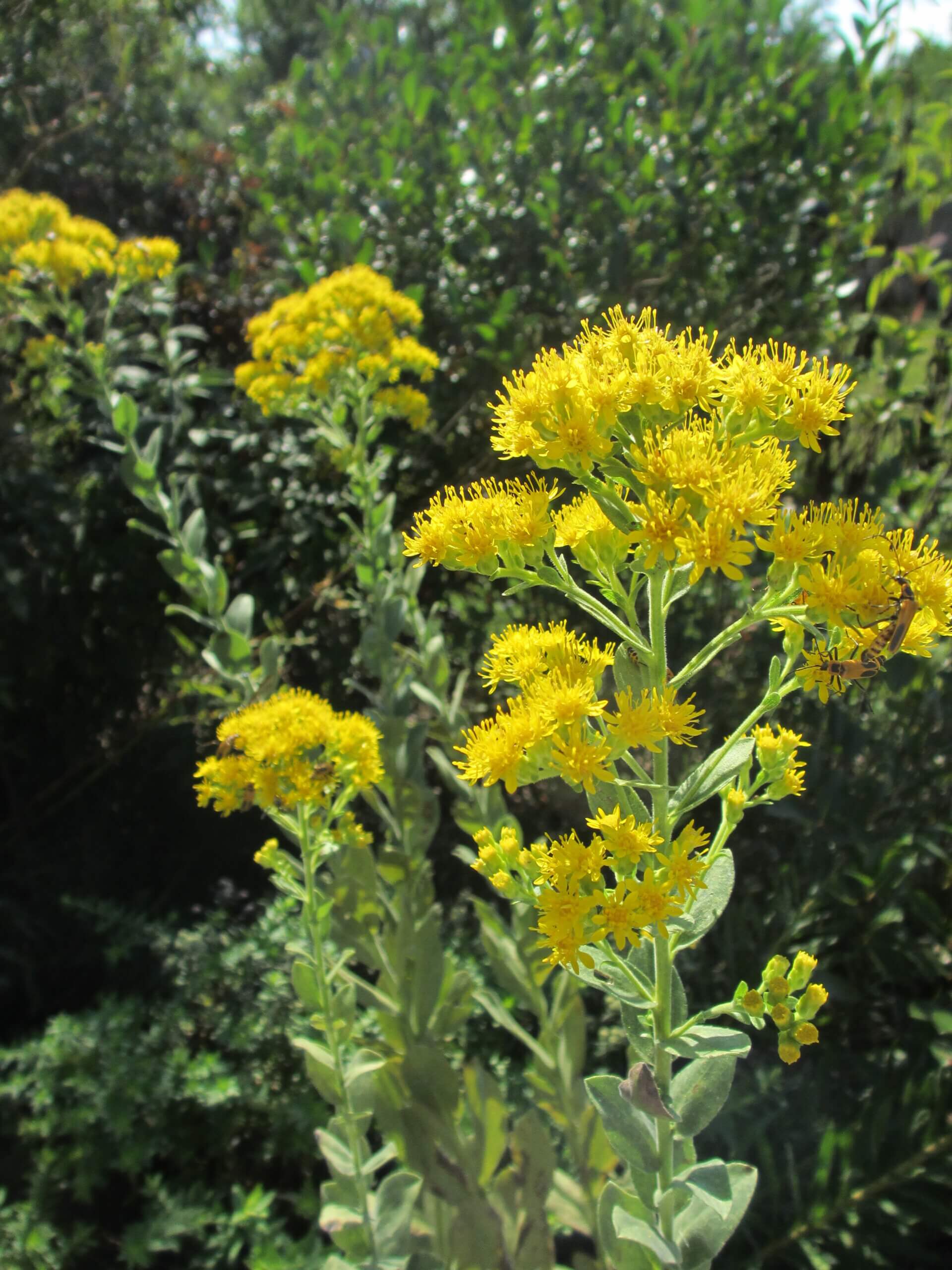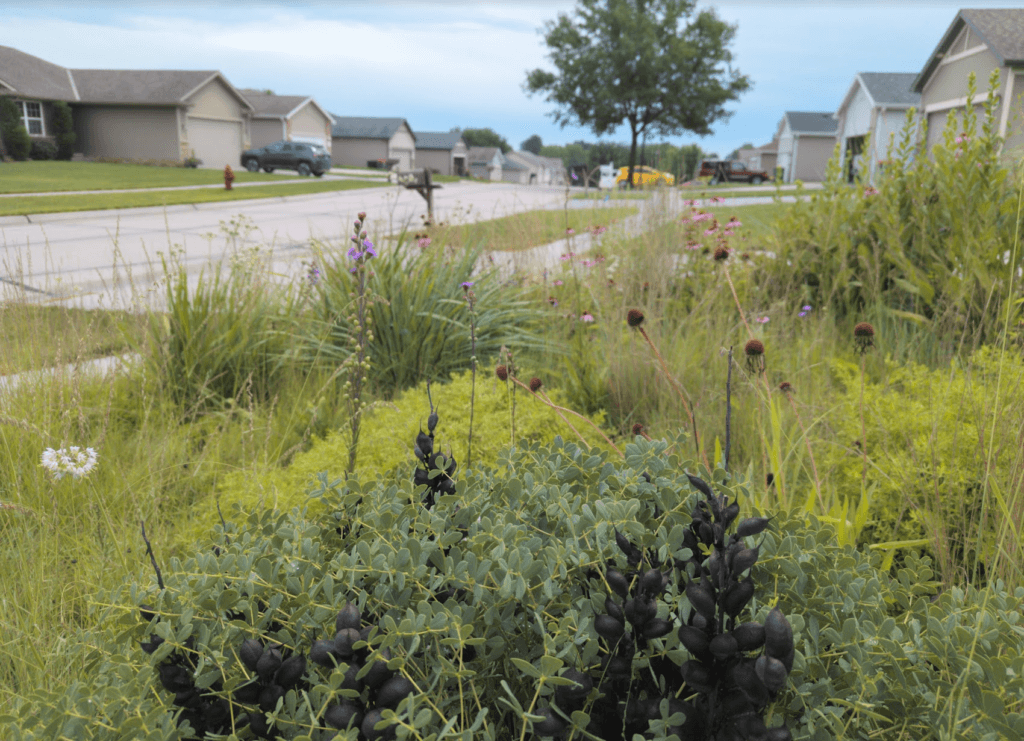
On Home Affordability, Poverty, and Unlawning America
I don’t know who that Michael Green financial analyst guy is who looked at one county in NJ to state
I stumbled upon David Orr’s wonderful essay “Love It or Lose It,” which I think I stumbled upon years ago and forgot. The guy is speaking my language, and the language of my forthcoming book A New Garden Ethic. His focus is certainly on rewilding our daily lives — cities, suburbia — and lamenting our role as stewards who don’t know much. His call is not for a technological revolution, but a spiritual, moral, and cultural revolution of the likes seldom or never seen before. Choosing and cultivating life is as constant an exercise as love.
“Beyond efficiency, we need another revolution that transforms our ideas of what it means to live decently and how little is actually necessary for a decent life: a sufficiency revolution. The first revolution is mostly about technology and economics. The second revolution is about morality and human purposes. The biophilia revolution is about the combination of reverence for life and purely rational calculation by which we will want to both be efficient and live sufficiently. It is about finding our rightful place on earth and in the community of life, and it is about citizenship, duties, obligations, and celebration.
There are two formidable barriers standing in our way. The first is the problem of denial. We have not yet faced up to the magnitude of the trap we have created for ourselves. We are still thinking of the crisis as a set of problems that are, by definition, solvable with technology and money. In fact we face a series of dilemmas that can be avoided only through wisdom and a higher and more comprehensive level of rationality than we have yet shown. Better technology would certainly help; however, our crisis is not fundamentally one of technology but one of mind, will, and spirit. Denial must be met by something like a worldwide ecological “perestroika,” predicated on the admission of failure: the failure of our economics, which became disconnected from life; the failure of our politics, which lost sight of the moral roots of our commonwealth; the failure of our science, which lost sight of the essential wholeness of things; and the failures of all of us as moral beings, who allowed these things to happen because we did not love deeply and intelligently enough. The biophilia revolution must come as an ecological enlightenment that sweeps out the modern superstition that we are knowledgeable enough and good enough to manage the earth and to direct evolution.”

I don’t know who that Michael Green financial analyst guy is who looked at one county in NJ to state

Oh that’s a cool plant, stiff goldenrod, Oligoneuron rigidum. I wonder if that would work in my garden. Maybe it’s
